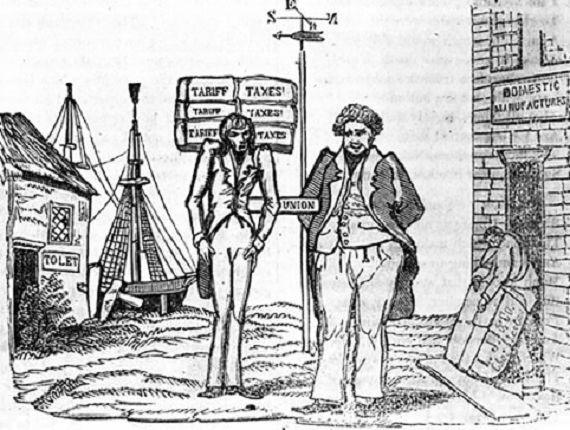
Just as the Earth revolves on its axis each day and travels around the Sun in an equally regular pattern, so has world history tended to be cyclical in nature throughout the centuries, with many episodes seemingly being repeated countless times over. In many cases the basic cause behind such recurring cataclysmic events as war, radical changes in political systems or the fall of nations and empires has involved economics. A current example of the latter is the financial dilemma which now threatens to bring about the economic, if not the total, collapse of the European Union . . . namely where to find the more than eighty billion dollars in revenue that will be lost due to the United Kingdom’s secession from the Union. A similar economic situation had faced Great Britain itself almost two and a half centuries earlier on the other side of the Atlantic. At that time, thirteen of its major colonies, with a cry of “no taxation without representation,” declared their independence, seceded from the British Empire and joined together to form the United States of America. Faced with the loss of a vast source of the revenue needed to fill coffers drained by its seemingly endless wars with France, Great Britain opted to wage war on its own colonies.
More @ The Abbeville Institute

No comments:
Post a Comment